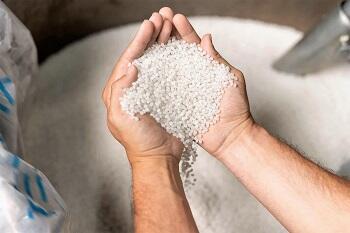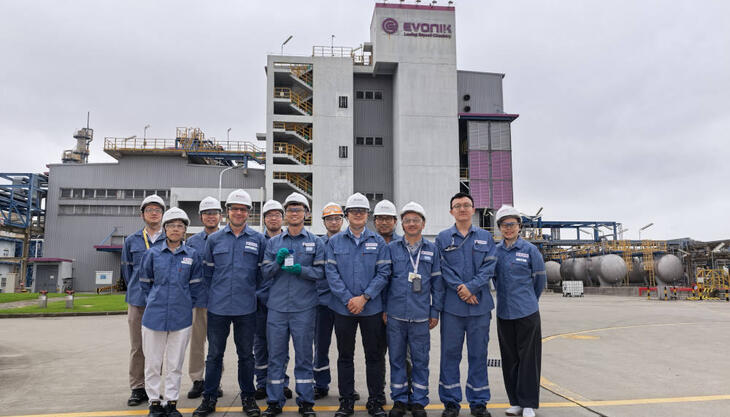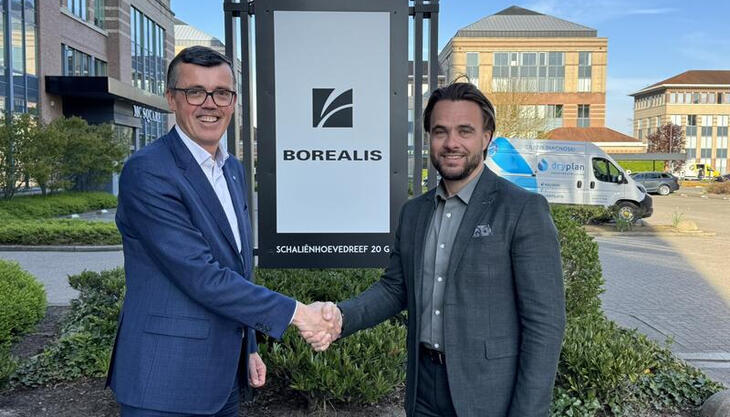The impact of the energy crisis on the European plastics manufacturers

The energy and raw materials crisis resulting from Russia’s illegal invasion of Ukraine has raised very significant challenges for our industry, supply chain, and all EU economies. This is stated by Plastics Europe, the association of European plastics manufacturers, which also notes how, despite significant ongoing efforts to transition European plastics manufacturing to the EU net-zero and circularity targets by 2050, plastics production in Europe continues to rely on fossil fuels as an energy source and feedstock.
The high costs of raw materials and energy have already impacted productions levels at some European sites and led to a loss of competitivity versus other regions. The impact on Plastics Europe members, however, is not uniform. Differing business models and geographic footprints (in Europe and globally) present different challenges.
Plastics are a strategically important material for the European economy, with applications in almost every sector, including automotive, construction, consumer goods, healthcare and renewable energy. The association members are therefore working hard to minimise the impact of the crisis on its downstream value chains and the wider European economy.
The crisis has highlighted the vulnerability of the European plastics industry, and the association is worried that it will erode Europe competitiveness and undermine the investment and innovation required to transition to a circular plastics economy.
Plastics Europe recognises the efforts of the EU and member states to overcome the crisis in an extremely challenging context, and remains committed to working more closely with the policymakers to create a policy and regulatory framework that protects jobs, investment, the economy, and supports/accelerates the net-zero and circularity transition.


















